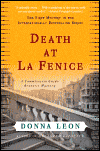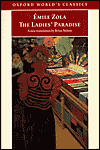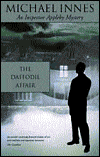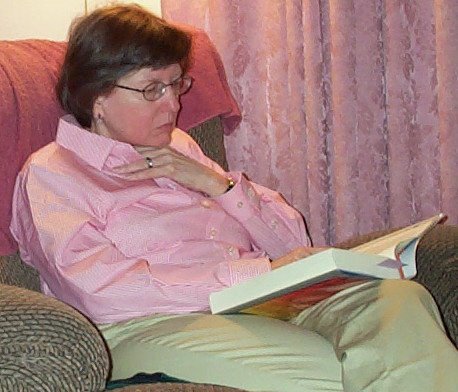Naguib Mahfouz
 Naguib Mahfouz, who died yesterday at the age of 94, was the first Arab writer to be awarded the Nobel Prize, 1988. He wrote 50 novels, his most famous being the Cairo Trilogy: Palace Walk (1956), Palace of Desire (1957), and Sugar Street (1957.)
Naguib Mahfouz, who died yesterday at the age of 94, was the first Arab writer to be awarded the Nobel Prize, 1988. He wrote 50 novels, his most famous being the Cairo Trilogy: Palace Walk (1956), Palace of Desire (1957), and Sugar Street (1957.)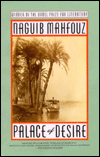
These books describe daily life in a traditional Egyptian family and how they react to unsettling change over three generations, from 1905 when Egypt was occupied by the British, through the middle of the 20th century.
The tyrannical father is unwilling to adapt to the increasingly modern world that encroaches on the old ways he has known all his life. The women become restive in their secluded world. One son becomes violent as he is caught up in the political turmoil of the struggle for Egyptian freedom while the idealistic younger son becomes an introspective academic.
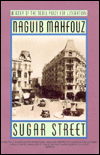
“It is in the grandsons . . . that we see modern Egypt emerging. [One] becomes a communist activist, while his brother . . . becomes a Muslim fundamentalist – both working for what they believe will be a better world.” The third grandson, a man of “suave charm and sensual nature, launches a promising political career.”

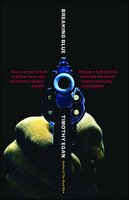

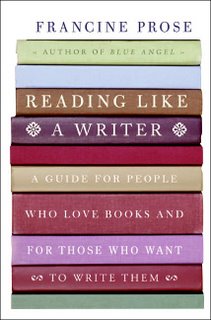

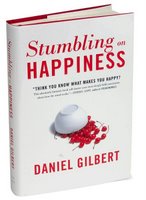
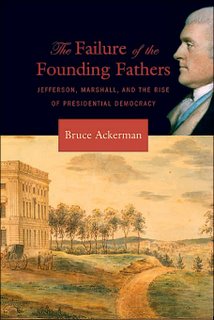

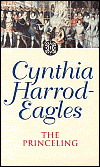


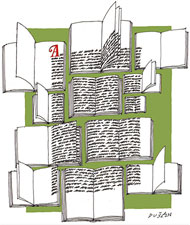
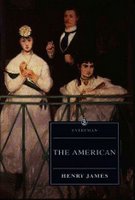
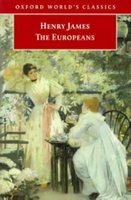
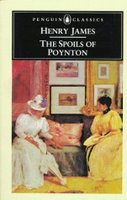
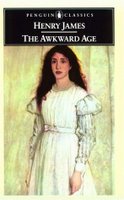 Back in the middle of May I reported that Miss Woodhouse had pulled a volume of Henry James off the shelves in the bedroom. That volume contained his early novels, including The Americans and The Europeans. I was never able to get her to tell me what she was looking for.
Back in the middle of May I reported that Miss Woodhouse had pulled a volume of Henry James off the shelves in the bedroom. That volume contained his early novels, including The Americans and The Europeans. I was never able to get her to tell me what she was looking for.

